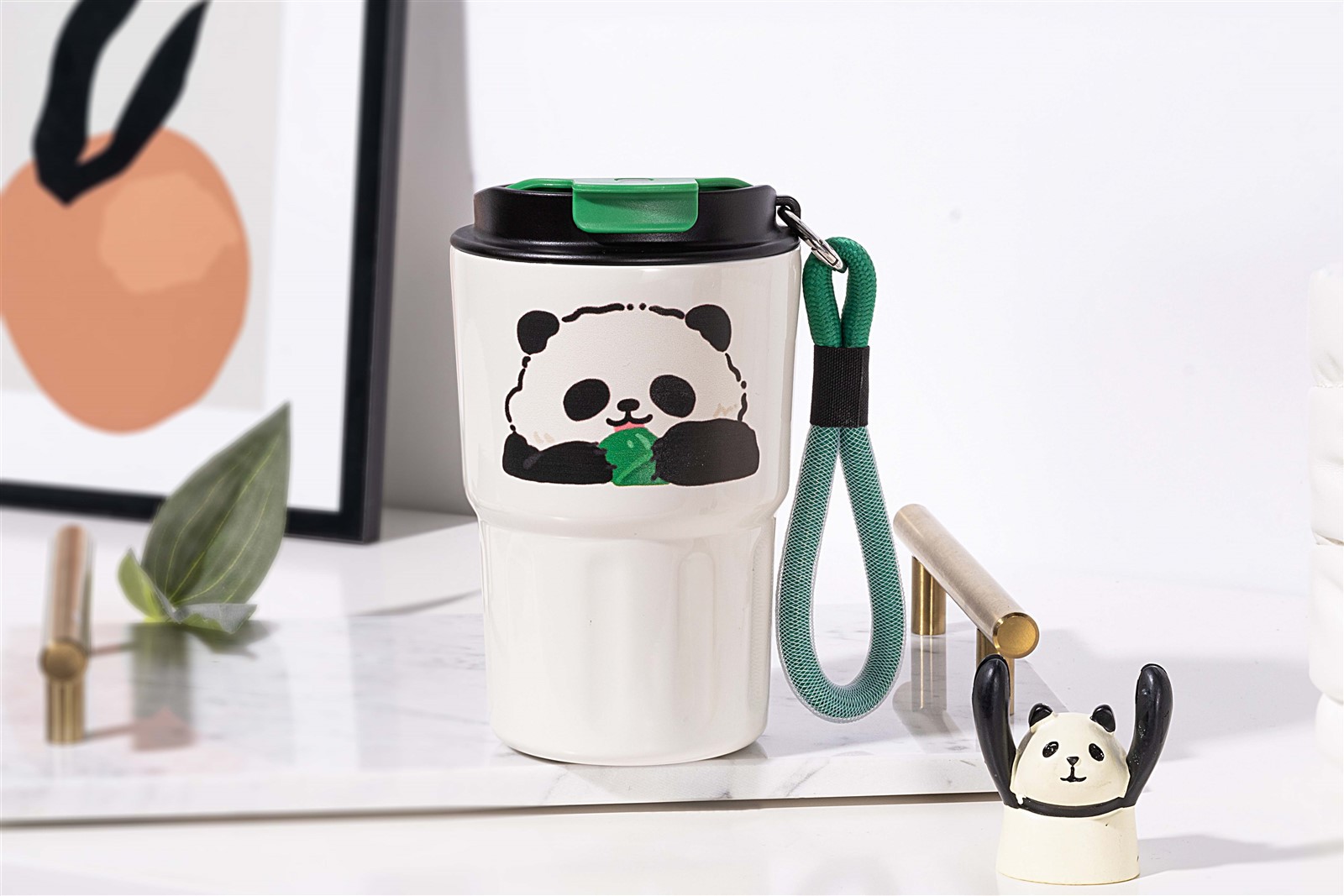Stainless steel water bottles have been widely used in daily life and industrial production due to their beautiful, durable, and environmentally friendly characteristics. In order to further improve its surface performance and service life, coating treatment is often required. Powder coating and spraying technology are two common coating methods, each with its own advantages and disadvantages in the coating of stainless steel water bottles. This article will provide a detailed comparison between these two painting processes in order to make appropriate choices in practical applications.
Introduction to Powder Coatings and Spraying Processes
1. Powder coating
Powder coating is a new type of coating, which is mainly composed of solid resin or liquid resin in a fine powder state as the main film-forming material. It is uniformly coated on the surface of the workpiece through methods such as electrostatic spraying, thermal spraying, or immersion coating, and then melted, leveled, and cured into a coating material. Due to its solvent-free, pollution-free, and recyclable characteristics, powder coatings have become the mainstream of environmentally friendly coatings.
2. Spray coating process
Spray coating technology is a common coating technique, which is based on the principle of using compressed air to spray paint from the nozzle, causing the paint to atomize and uniformly adhere to the surface of the workpiece. The spraying process is easy to operate and has a wide range of applications, but it is prone to problems such as paint mist and paint waste during the construction process.

Comparison of powder coating and spraying process for stainless steel water bottles
1. Environmental friendliness
Powder coating is an environmentally friendly coating that does not contain solvents. It does not produce harmful gases or wastewater during production and use, reducing environmental pollution. The coatings used in the spraying process contain a large amount of volatile organic compounds (VOCs), which can generate paint mist and exhaust gas during the construction process. If not handled properly, it can cause environmental pollution. Therefore, from an environmental perspective, powder coatings have more advantages.
2. Coating uniformity
The spraying process uses a spray gun to atomize the coating and evenly spray it on the surface of the workpiece, resulting in good coating uniformity. During the melting and leveling process of powder coatings, due to uneven heating or insufficient leveling time, defects such as orange peel and flow marks may appear on the surface of the coating, affecting the appearance quality of the coating. Therefore, in terms of coating uniformity, the spraying process performs better.
3. Adhesion and corrosion resistance
Powder coating has good adhesion to the surface of stainless steel, and its coating adhesion is strong, which can effectively resist the erosion of external factors. However, the coating molecules in the spraying process may penetrate into the tiny pores on the surface of stainless steel, further improving the adhesion between the coating and the substrate. In terms of corrosion resistance, both powder coating and spray coating can provide good protection, but powder coating performs better in long-term corrosion resistance.
4. Coating efficiency and cost
The spraying process is easy to operate and has high painting efficiency. Moreover, due to the use of liquid coatings, which are easy to store and transport, the cost is relatively low. The preparation and coating process of powder coatings is complex and requires specific equipment and process conditions, resulting in relatively high costs. However, the advantage of powder coating lies in its high efficiency and utilization, which can achieve automated continuous production and further improve production efficiency.
5. Coating thickness and texture
The thickness of powder coating is usually thin, with a delicate texture that can present the texture of stainless steel itself. The spraying process can achieve thicker coatings and richer textures through multi-layer spraying. Therefore, in terms of coating thickness and texture, the spraying process has greater flexibility.
In summary, powder coatings and spraying processes have their own advantages and disadvantages in the coating of stainless steel water bottles. Powder coatings have advantages such as environmental protection, high efficiency, and long-term corrosion resistance, making them suitable for large-scale and continuous production scenarios; The spraying process performs excellently in terms of coating uniformity, adhesion and corrosion resistance, coating efficiency and cost, and is suitable for small-scale, personalized or urgently needed production scenarios. In practical applications, appropriate coating processes should be selected based on specific needs and conditions to achieve the best coating effect.

